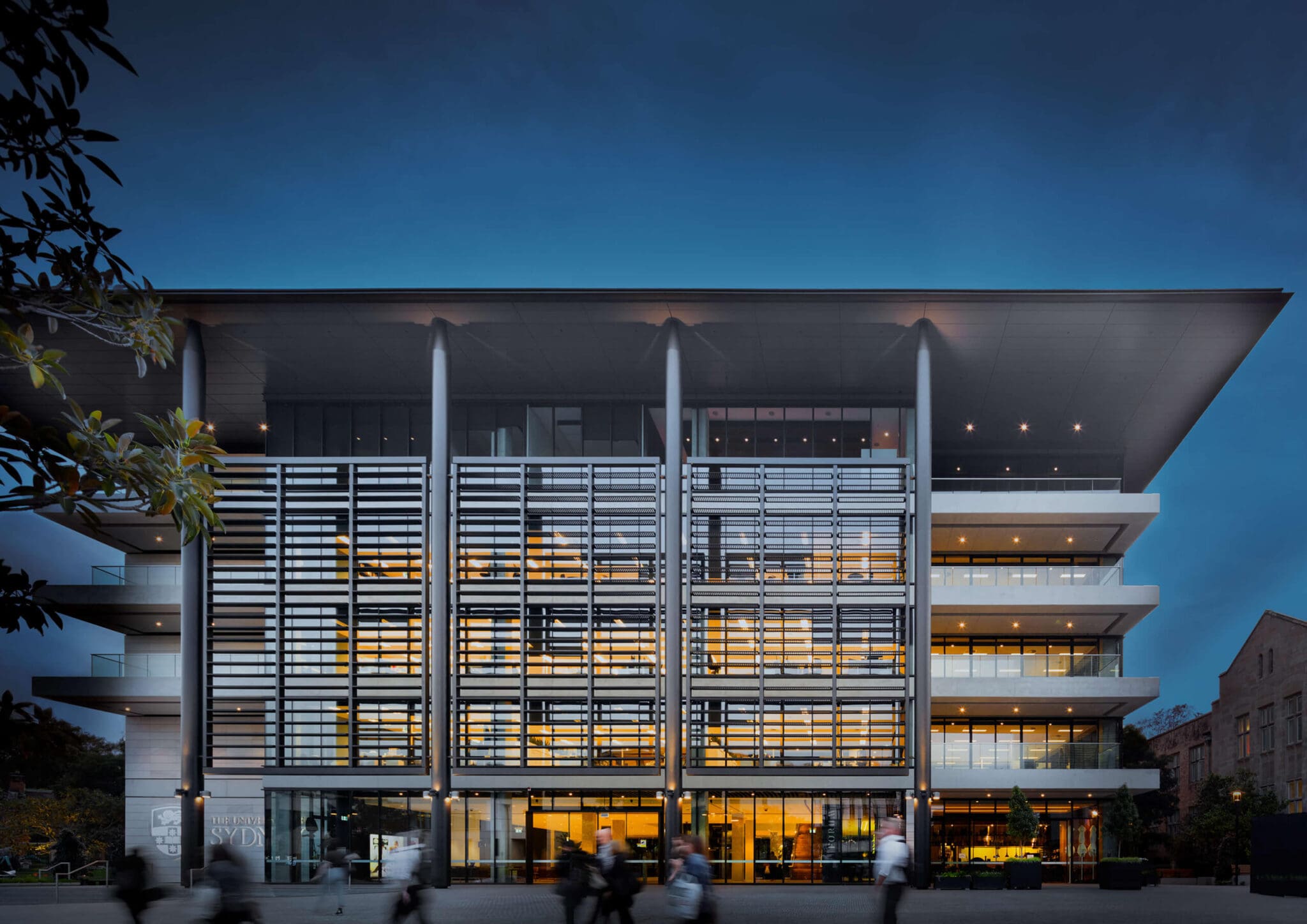On Tuesday 21 February, Provost and Deputy Vice-Chancellor Annamarie Jagose sent an all-staff email detailing the University’s revised offer in ongoing negotiations between staff and management on a new Enterprise Agreement (EA).
Jagose stated that, “since August 2021, the University has made a number of significant concessions in relation to its offer.”
“This is a sector-leading offer”, which “addresses pressing concerns like workload and casualisation and is attractive and fair.”
The new Enterprise Agreement is set to be a three-year deal, expiring in 2026.
Pay Increases
The University has offered a yearly salary increase beginning with a 4.6% increase this year, and $2000 sign-on payment with the commencement of the new EA.
Jagose described this offer as “higher than any offer proposed or agreed at any other university in the current round of bargaining.”
Though Jagose presented this as “an increase of 15.4% (compounded) over the life of the Agreement”, the pay offer represents a mere 3.3% annual increase from the expiry of the previous agreement in 2021 to the expiry of the agreement being negotiated in 2026.
With the rate of inflation currently at 8%, the University’s offer still constitutes a pay cut in real terms for staff.
| Year | Increase |
| 2023 | 4.6% + $2000 sign-on made in the first pay period after commencement of the new EA |
| 2024 | 3.25% (1 July 24) |
| 2025 | 3.25% (1 July 25) |
| 2026 | 3.5% (1 July 26) |
Nick Riemer, President of The University of Sydney Branch of the National Tertiary Education Union (NTEU) said that management “blindsided our bargaining team by making a lower wage offer than any other union-agreed pay-rise in the higher education sector,” and that it is a “low-ball offer which is completely unacceptable and an insult to staff.”
Stating that the University of Sydney is richer than other universities who have recently finalised enterprise agreements with staff, Riemer said “how is a pay-rise less than these universities, who are all in worse financial positions, possible? This is a low-ball offer which is completely unacceptable and an insult to staff.”
The University of Sydney recorded a $1.04 billion surplus in 2021.
Academic Staff Packages
The University’s new offer proposes a 20% reduction of its “casual academic workforce” over the three year period of the new agreement.
To achieve this, the University “has committed” to advertise 300 new continuing positions — 200 education focused and 100 for teaching and research. “These positions are in addition to existing positions, including existing current vacancies,” said Jagose.
A proportion of these new positions is set to be “specifically advertised as priority roles for University of Sydney casual and fixed term staff,” according to Jagose.
Jagose said “more” PhD Students, who would otherwise be engaged as casuals, will receive “PhD Fellowships of up to 3-year fixed term employment during the period of the PhD at a fraction of approximately 0.2FTE.”
“The EA will include protections and entitlements regarding these Fellows.”
Riemer said that while “management has agreed that there is an over-reliance on academic casuals,” they “have not yet committed to a reasonable and enforceable limit on their use.”
“Other universities have committed to reducing casual academic employment by 20-25%. Why won’t our University – an institution that has returned a surplus of over a billion dollars – make the same commitment?” Riemer said.
Education Staff and 40:40:20
Currently the university employs a 40:40:20 model which allocates staff time as 40% for teaching, 40% for research, and 20% for administration. This model exists for staff to be able to maintain a balance between their different responsibilities. Management has previously attempted to increase the teaching workload in the past under the guise of “flexibility.”
In the new offer, the University has proposed to protect the 40% research allocation unless staff agree to a change. Jagose said that “to provide some flexibility, if staff do not have ‘approved service activities; which reach the 20% allocation of administration, up to 10% can be allocated to additional or research after consultation with the staff member.”
Riemer described this offer as still “maintaining [an] attack on 40:40:20, and still seeking the right to force academics to increase their teaching by one quarter, to a 50% allocation.”
Jagose has justified the changes “to improve the quality of our teaching in a rapidly changing environment that demands new pedagogical skills to ensure effective student learning.”
In the past, Jagose has described student choice as “poor pedagogical practice.”
In an email to NTEU members, Riemer said that the union has made it clear that “encourage staff to consider the flexibilities already in the agreement,” but that they “will not allow management to direct a 25% increase in teaching.”
Moving forward
The University is set to meet with the NTEU and Community and Public Sector Union for a bargaining meeting on 28 February.
Jasgose said “we will continue to negotiate in good faith with staff unions based on this package as we seek to reach agreement and finalise bargaining as soon as possible.”
University of Sydney staff will then vote on the new Agreement.





